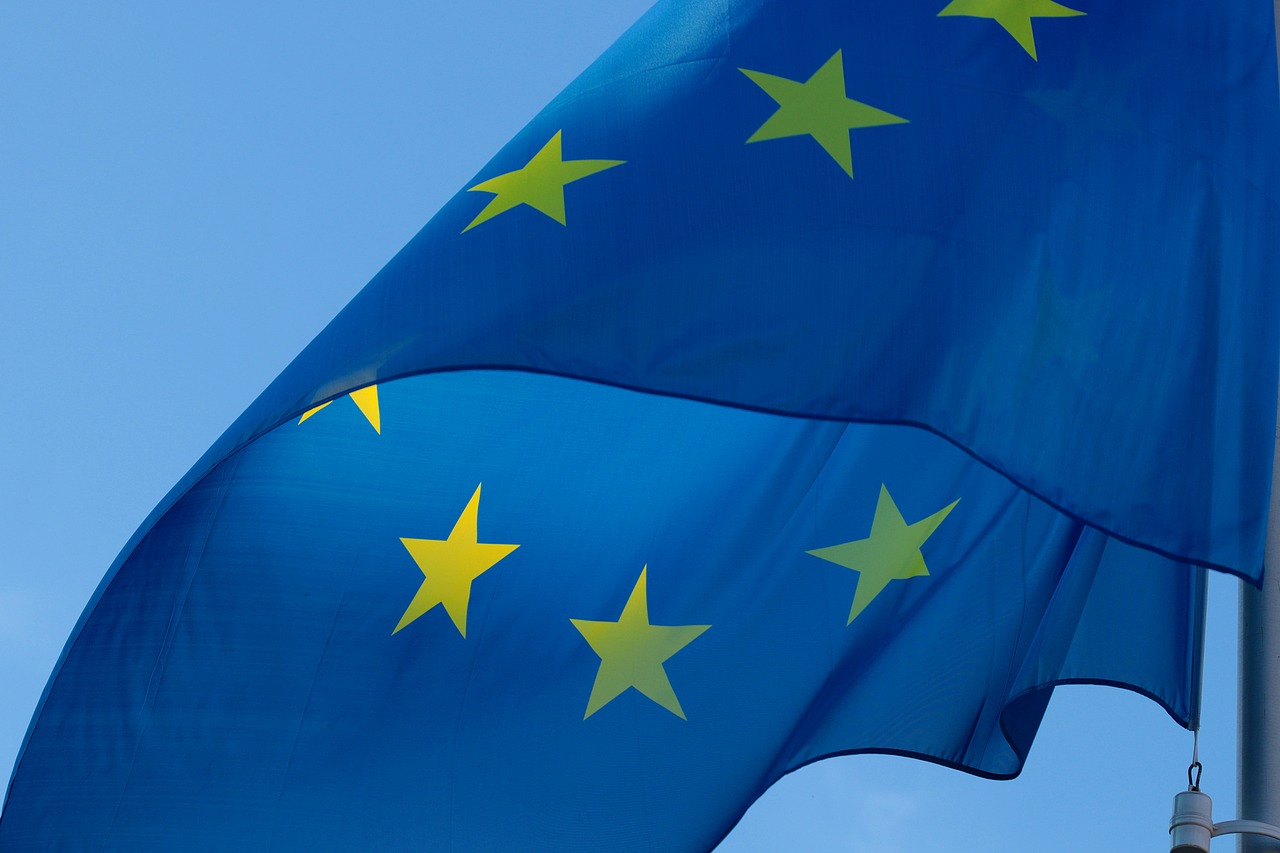Schrems II: No Privacy Shield for EU-US Data Transfers, but Don’t Put Your Eggs into Standard Contractual Clauses Either
Image Credit: Capri23auto from Pixabay
On July 16th, 2020, privacy professionals scrambled after the Court of Justice of the European Union (CJEU) handed down its decision in Schrems II. The ruling invalidated the US-EU Privacy Shield agreement, which authorized transfers of data from the EU to the US for Privacy Shield-certified companies. Though the ruling on Privacy Shield was unexpected given that it was not directly at issue, such a decision is not without precedent or historical pattern. Privacy Shield itself was a replacement for the Safe Harbor framework that was invalidated in 2015 in Schrems I.
Now that the Privacy Shield framework has been invalidated, both data controllers and data processors are likely concerned about the next steps to take to ensure that any data transfers integral to its operations can continue. Although the U.S. Department of Commerce has indicated that it will continue processing Privacy Shield certifications, affected companies such as U.S. data importers and EU data exporters should quickly explore and adopt other transfer legitimizing mechanisms with their service providers and vendors in order to prevent any gaps in compliance.
Continue Reading Schrems II: No Privacy Shield for EU-US Data Transfers, but Don’t Put Your Eggs into Standard Contractual Clauses Either

